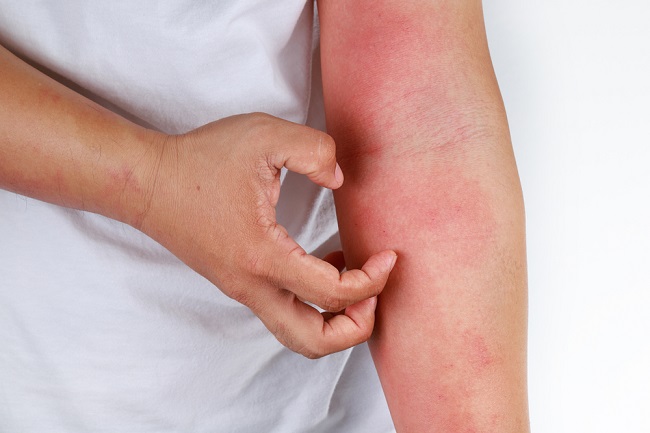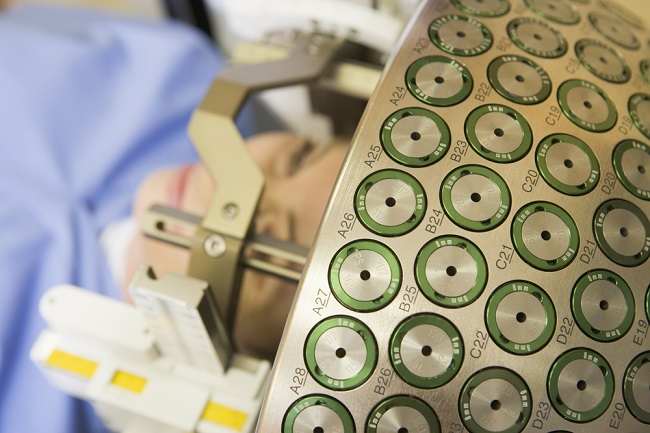Mad cow disease or mad cow disease is a brain disorder caused by eating infected beef. This disease is characterized by emotional disturbances followed by a gradual decline in nerve function.
In the medical world, mad cow disease that specifically attacks cows is known as bovine spongiform encephalopathy (BSE). Named mad cow disease because cows affected by this disease tend to be aggressive and rage.

In humans, mad cow disease is known as variant Creutzfeldt-Jakob Disease (vCJD). Transmission of mad cow disease to humans usually occurs due to consuming beef infected with BSE.
Based on a report by the World Health Organization (WHO) in 2017, the most cases of mad cow disease were found in the UK, followed by France, Spain, Ireland, and America. Mad cow cases were also found in the Netherlands, Italy, Portugal, Canada, as well as several Asian countries, such as Japan, Saudi Arabia, and Taiwan.
Mad Cow Disease Symptoms
In its early stages, mad cow disease affects the emotions and behavior of sufferers. Patients often feel anxious, depressed, and have trouble sleeping. Four months later, the patient will experience a nervous system disorder that gets worse gradually and is accompanied by the following symptoms:
- Myoclonus or uncontrolled muscle movements.
- Tremors.
- Ataxia or loss of coordination between limbs.
- Dementia or decreased memory and thinking skills.
As the disease progresses, the patient will be completely paralyzed and can only lie in bed. They will not be aware of what is happening around them, not even able to communicate with other people.
Most people with mad cow disease die within 12-14 months of the appearance of initial symptoms. Usually, the cause of death is a complication of a lung infection.
When to go to the doctor
Immediately consult a doctor if you experience symptoms of mad cow disease, especially if you have just eaten beef in or from a country that is infected with mad cow disease.
Causes of Mad Cow Disease
Mad cow disease occurs when a protein in a cow's brain becomes infected. In cattle, this disease is known as bovine spongiform encephalopathy (BSE). This disease can infect humans and is given the term variant Creutzfeldt-Jakob Disease (vCJD).
A person can get mad cow disease in several ways, including:
- Eating beef infected with BSE.
- Receiving blood or organ donation from people with mad cow disease.
- Injured by needles or surgical instruments that were not sterilized before being used in patients with mad cow disease.
Mad Cow Disease Diagnosis
The doctor will start the examination by asking the patient's symptoms and history. Then, the doctor will perform a physical examination, including reflexes and coordination of the patient's limbs.
Actually, mad cow disease can only be confirmed through examination of brain tissue after the patient dies. However, some of the investigations below can help doctors identify mad cow disease and rule out other diseases:
- MRI in the brain area, to get a detailed picture of the patient's brain condition.
- Electroencephalography (EEG), to detect abnormal brain electrical activity in the patient's brain.
- Tonsil biopsy, to detect the presence of the protein that causes mad cow disease in the patient's tonsils.
- Lumbar puncture, to determine the presence of protein that causes mad cow disease in the patient's brain and spinal fluid.
Mad Cow Disease Treatment
To date, there is no treatment method that is able to cure or stop the progression of mad cow disease. However, the doctor will give a number of drugs to relieve the symptoms experienced by the patient, including:
- Pain relievers containing opioids.
- Antidepressants to treat anxiety and depression.
- Clonazepam and sodium valproate to relieve myoclonus and tremors.
When the patient has entered the final stage of mad cow disease, the doctor will provide food and fluid intake through an IV.
Mad Cow Disease Prevention
The most effective way to prevent mad cow disease is to not eat beef from countries that are infected with mad cow disease. Take the same precautions when you go to an area with mad cow disease.
Another preventive measure is to not accept blood or organ donation from someone who shows symptoms of mad cow disease. Please note, there have been no reports of transmission of mad cow from consuming milk from cows infected with BSE. There have also been no reports of transmission of this disease through kissing, hugging, or sexual intercourse.









